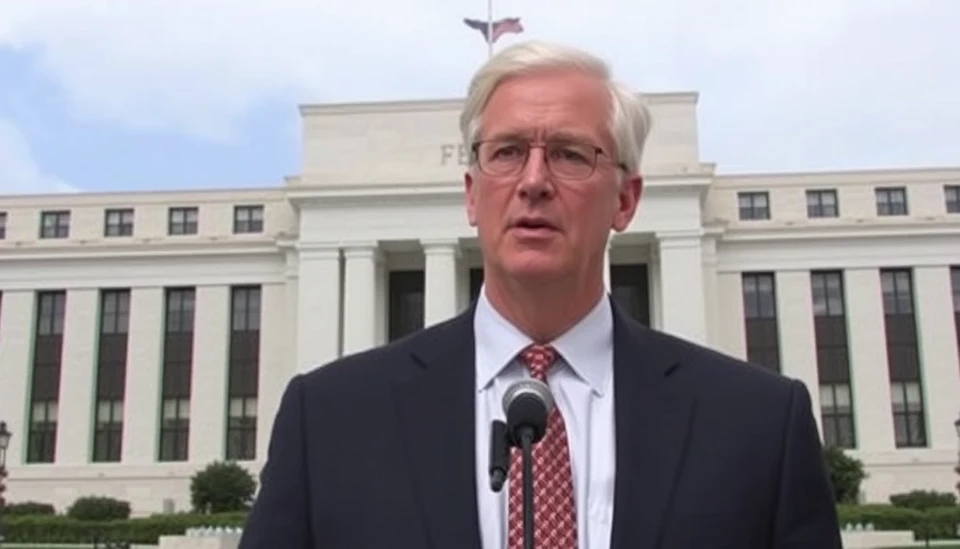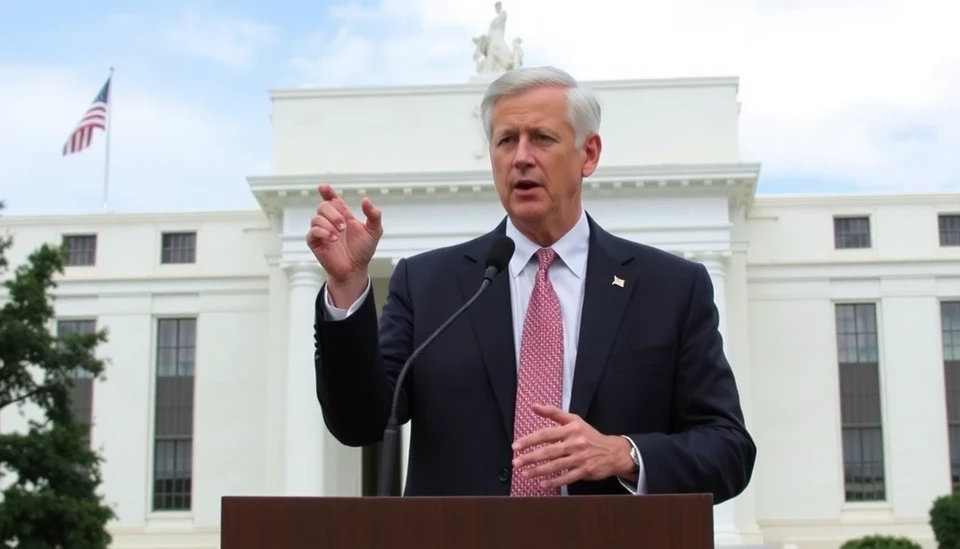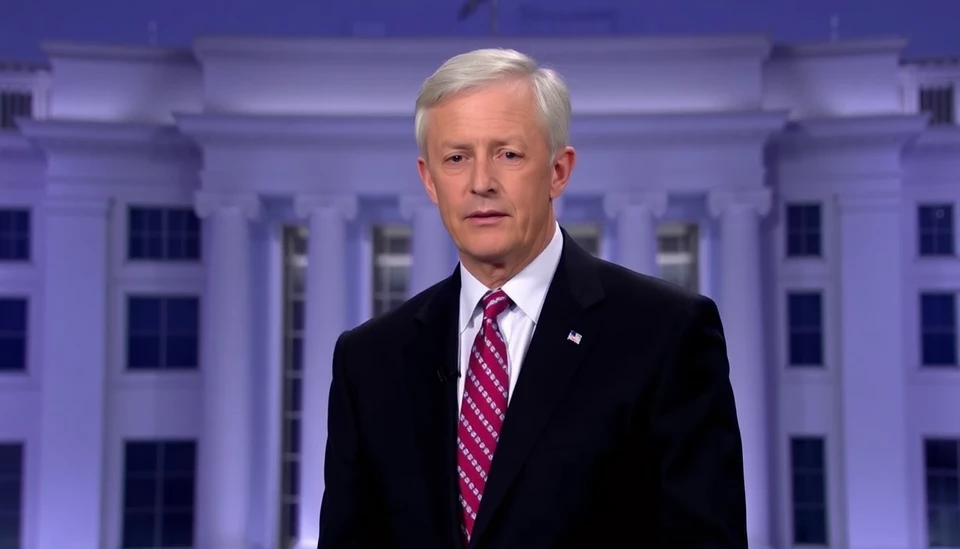
In a significant development at the Federal Reserve, Governor Michelle Hammack has publicly outlined her reasoning for dissenting from the majority opinion during the recent monetary policy meeting. Her concerns primarily revolve around the prevailing inflation trends that she believes could undermine the economic recovery efforts if not addressed with caution.
During the Fed's latest policy meeting, Hammack emerged as the lone voice in opposition to the decision made by the rest of the Board. While the majority favored maintaining the current interest rates, Hammack argued that inflationary pressures were not only persistent but also warranted more aggressive action to ensure they do not spiral out of control. According to her, the economic indicators suggest that inflation is not merely a fleeting phase and could become entrenched if left unchecked.
Hammack's dissent highlights a growing divide among Fed officials regarding the appropriate response to inflation. While many proponents of the current approach point to recent figures showing slight easing in consumer price increases, Hammack cautioned that these signs do not fully reflect the long-term risks that inflation poses to the economy. She emphasized that central banks have a crucial role in anchoring inflation expectations and preventing them from escalating further.
This dissent comes at a time of heightened scrutiny regarding the Fed's strategies as policymakers balance the fine line between fostering economic growth and combating rising prices. Hammack's stance underscores the complexity of these challenges, as she calls for a reassessment of the prevailing policies to safeguard against potential economic downturns precipitated by high inflation.
In her remarks, Hammack specifically pointed to several key factors driving her concerns about inflation. These include rising energy prices, supply chain disruptions, and increasing wage pressures, all of which could contribute to a more persistent inflationary environment. She urged her colleagues to consider these indicators seriously as part of their future policy deliberations.
As the Fed moves forward, Hammack’s dissenting opinion may stir debate within the institution regarding potential adjustments to their strategies. It also reflects the ongoing discussions among economists and policymakers on how best to navigate the current economic landscape, particularly as uncertainties loom over global markets and local economies alike.
In summary, Hammack’s vocal opposition serves as a reminder of the vigilance required in monetary policy, especially in these unpredictable times. Her emphasis on inflation concerns could signal a shift towards more aggressive measures in the future, as the Fed seeks to find the right balance in its dual mandate of fostering maximum employment while stabilizing prices.
As this situation continues to evolve, all eyes will be on the Federal Reserve's next steps and whether they heed Hammack's warnings about inflation’s potential impacts on the broader economy.
#FederalReserve #Inflation #EconomicPolicy #MonetaryPolicy #InterestRates #MichelleHammack
Author: Daniel Foster




